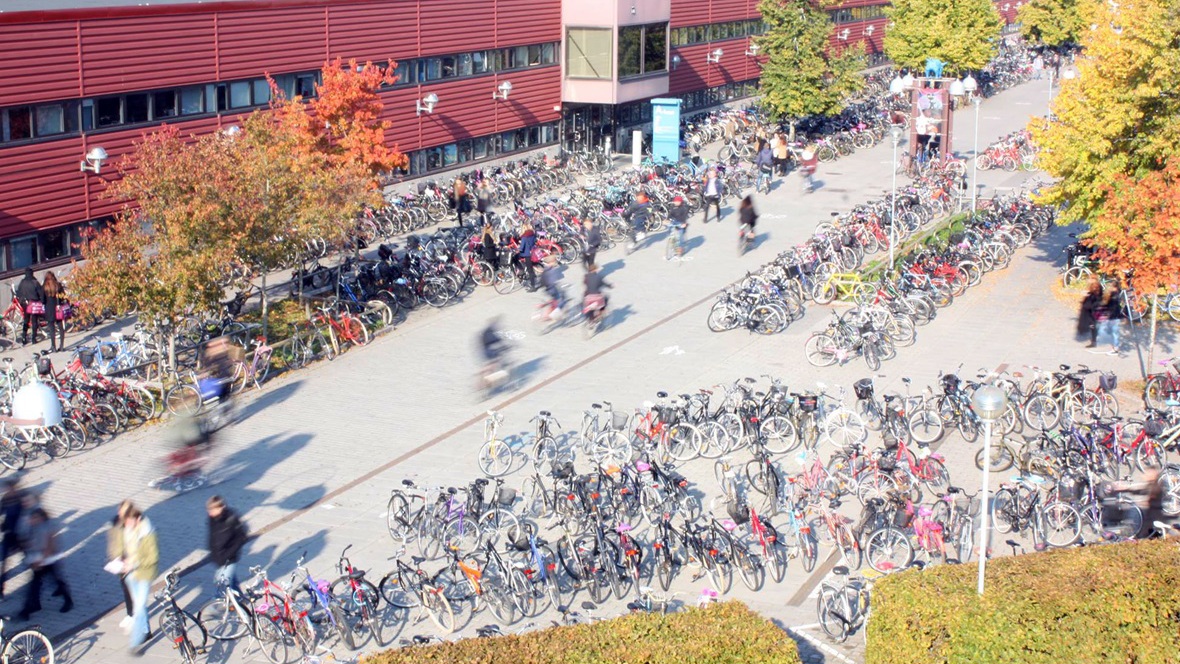But now they meet again, on the 20th floor of Bonnier’s head office in Stockholm. On the table in front of them is a book, Änkor med makt (Widows with power), written by Hans Sjögren. Carl-Johan picks it up, turns the pages and commends him on his style of writing. After a while, Hans Sjögren realises that this is the last copy of the book, the very same copy that he earlier that spring had sent to Lars Strannegård, president of the Stockholm School of Economics.
“It turned out that Lars Strannegård had handed it to the Bonner family. I can only describe it as magic. If I hadn’t sent the book to Lars, who passed it on, all this may not have happened,” says Hans Sjögren.
After a few more meetings with the Bonnier family at the head office, Hans was offered the just over SEK 6 million grant. Together with an assistant, he will now embark on a four-year scientific study of the Bonnier Group from 1990 to 2020.
“The book will be about innovation in the media industry, corporate governance and structural transformation in the company, with an epilogue for the period after 2020. It will touch upon how digitalisation has changed the media industry, with digital newspapers and magazines, e-books, audiobooks, etc. I’ll be interviewing known and unknown people in the Bonnier Group to get their view of what’s happened,” says Hans Sjögren.
The Bonnier Group is the largest media group in the Nordic countries. There is a lot of media research in Sweden, and several researchers, and also journalists with the Bonnier Group, have written about the industry. But what Hans Sjögren can contribute specifically is his expertise in archive-based studies of family businesses.
“I’ll rummage through their gigantic archives and look at all decisions taken at governance and management level. Being an economy historian, I’m used to corporate archives. The family has trusted me with showing things that have never before seen the light of day. Quite simply just showing both sides of the coin,” says Hans Sjögren.
He and his assistant, who has a PhD in media studies, will now embark on this assignment, and will make their first visit to the Bonnier archives this autumn.
“What was the logic behind important business decisions? I’m going to study their point of view without glancing at the consequences. It sounds like crime fiction, but this is how to write history forwards, trying to ignore how history played out,” says Hans Sjögren.

